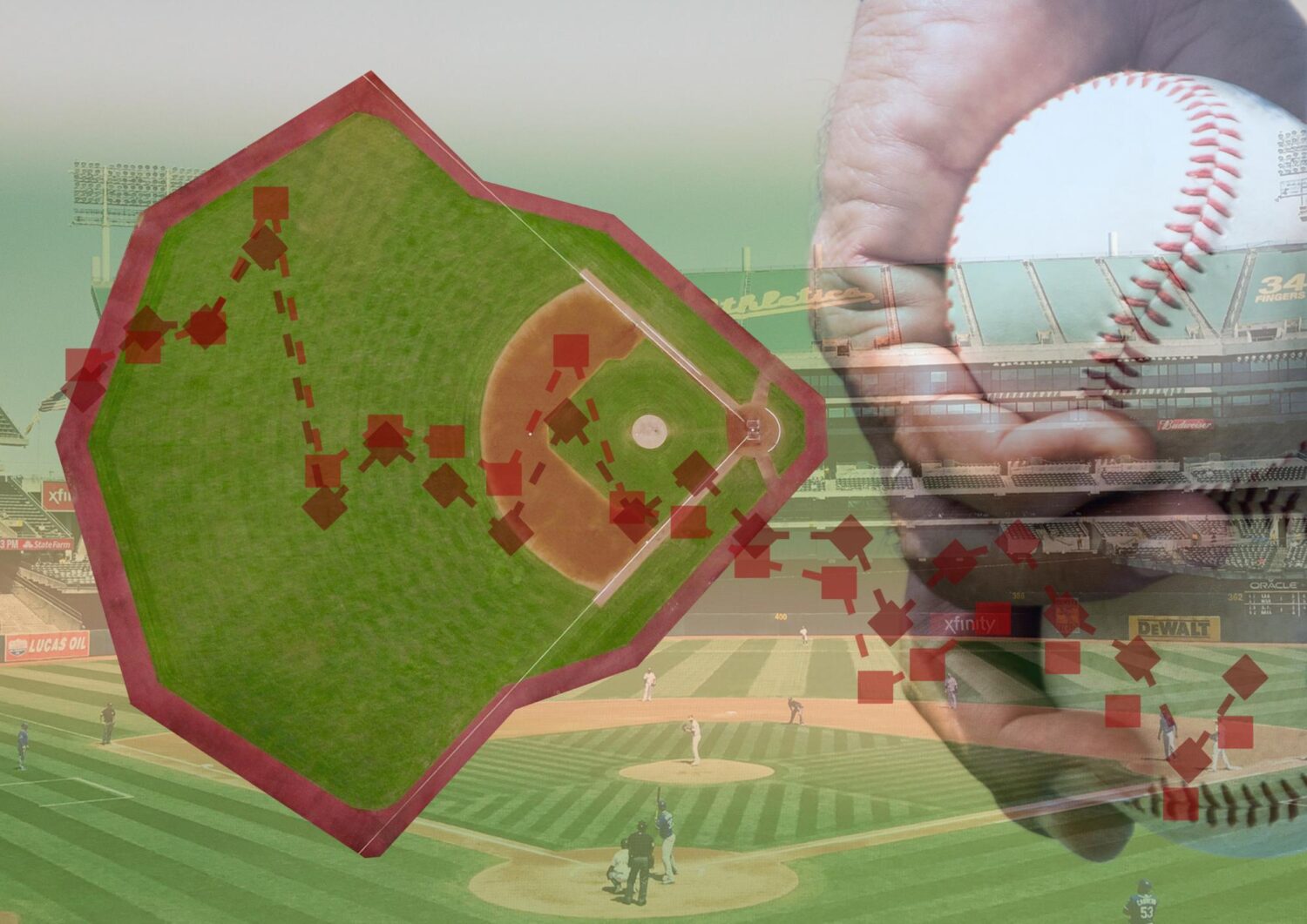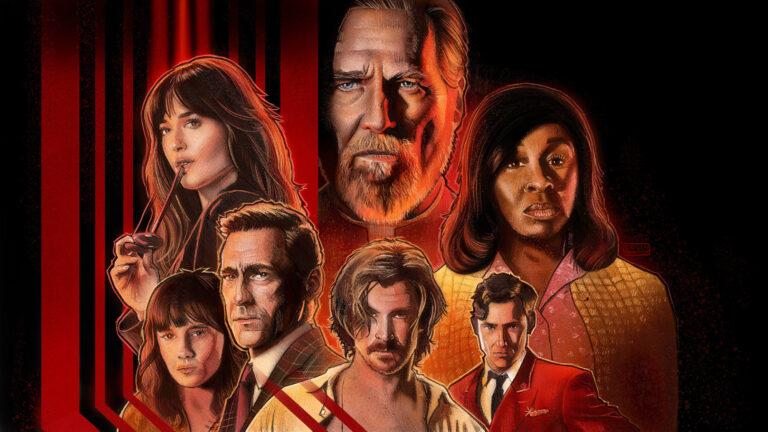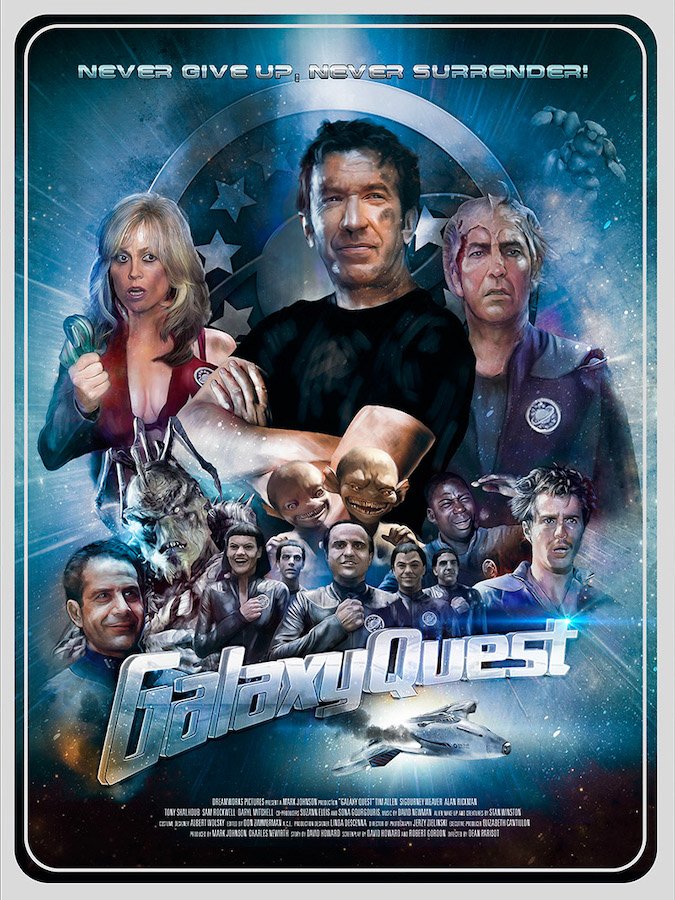Moneyball brings a fresh perspective to the film’s genre of a sports-drama, taking a different path from one usually followed, much like the film’s plot. Instead of focusing on the triumphs of players and a working narrative of their lives, the film looks at what it takes to run a team, and to look at the most important question that faces them; how can smaller teams compete in the major leagues when they don’t have their sizeable funds? Truth is they can’t, and Billy Beane (Brad Pitt) the General Manager of Oakland Athletics, knows this. Set in the early 2000s, where the Oakland Athletics baseball team have one-third of the cash the big-league teams have and are losing all their players to the snapping heads of cash crocs, Billy looks to break the cycle – even if he has to fight not just the fans but his staff as well. Tired of it all, and looking for a solution, Billy comes across Peter Brand (Jonah Hill), an economics major and a whizz at numbers, who peaks his interest and provides the answer he’s looking for; maths.
Together the two look to see the “numbered” potential in someone, and not the big hits, fast runs and large branding –having seen the pitfalls and parables in following this rhetoric, and one that echoes back to Billy’s early career in baseball. Therefore Peter’s perfectly captured speech of looking past what’s traditionally been done, to something new is more than appealing. The pairings optimistic views and hopes resonating within each other, and having once been dismissed themselves (in different ways) they see what others miss.
“People are overlooked for a variety of biased reasons and perceived flaws. Age, appearance, personality.”
But maybe there’s an advantage to be had here? The film goes on to cover a little bit of these players who were ‘overlooked’, their second chance at the game explored in statistics and facts, which are interesting – and in the dialogue of Jonah Hill and Brad Pitt can be downright captivating. However, the film lacks the more personal human touch, with the impact shown only in the results of the game and in brief exchanges between players in the locker-room, although for Scott Hatteberg (Chris Pratt) this is slightly increased with a home visit – his life is falling apart, that is until Billy offers him a lifeline, but it’s a rope he’s not used to and so Scott worries he’ll still hang by it.
I enjoyed that the primary focus of the film was kept behind the scenes of the game rather than on the field, though a little more expansion into the players, and their dialogue to one another in the pen or off the field would have been interesting to follow, while still keeping the narrative away from the actual play. This was in part explored through flashbacks of Billy’s baseball career; he understands how the game works and the devastating impact a life of sport can have for those who risk it – and all for a relatively short time in a game that’s bigger than you, and in the end might just swallow you up. In this it explains why Billy is brusque and direct with those on and off the team, for he finds ripping of the band-aid easier that way.
Based on a true-story, it makes the risks Billy takes all the greater – he could lose his job, his team could have their worst performance ever, while the players whose hopes have been raised could come crashing down in a season that will see them never again hired. What’s more, is that everyone around Billy knows this too and they’re determined to stop him, the turmoil and in-fighting made much more real. But don’t cheat and look up the results, follow the film as it breaks from the norm in using maths, rather than a great player, to pull them through to success. For can this team of last picks succeed?
Fact driven and insightful, Moneyball gives you a real sense of the cruelties of sports’ recruitment, its business mind-set and the singular goal of winning, all while infusing you still with a love of the game.
Director: Bennett Miller
Other notable works:
- Sky Ladder: The Art of Cai Guo-Qiang 2016
- Capote 2005
- The Cruise 1998
Writer: Steven Zaillian
Other notable works:
- The Irishman 2019
- My Dinner with Hervé 2018
- The Night Of 2016
- Life Itself 2014
- The Girl with the Dragon Tattoo 2011
- American Gangster 2007
- Gangs of New York 2002
- Clear and Present Danger 1994
- Schindler’s List 1993
- Searching for Bobby Fischer 1993
- Awakenings 1990
Writer: Aaron Sorkin
Other notable works:
- The Trial of the Chicago 7 2020
- Molly’s Game 2017
- Steve Jobs 2015
- The Social Network 2010
- Charlie Wilson’s War 2007
- Studio 60 on the Sunset Strip 2006-2007
- The West Wing 1999-2006
- Sport Night 1998-2000
- The American President 1995
- A Few Good Men 1992
Writer: Stan Chervin
Based on Moneyball: The Art of Winning an Unfair Game by Michael Lewis.











